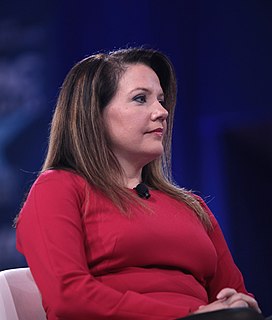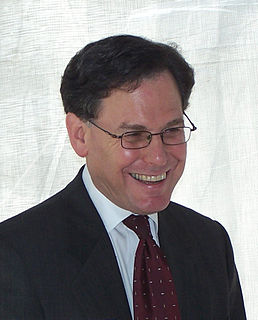A Quote by F. William Engdahl
Since the Bush-Cheney Administration took office in January 2001, controlling the major oil and natural gas fields of the world had been the primary, though undeclared, priority of US foreign policy... Not only the invasion of Iraq, but also the toppling of the Taliban in Afghanistan, had nothing to do with 'democracy,' and everything to do with pipeline control across Central Asia and the militarization of the Middle East.
Quote Topics
Across
Administration
Afghanistan
Also
Asia
Been
Bush
Central
Central Asia
Control
Controlling
Democracy
East
Everything
Fields
Foreign
Foreign Policy
Gas
Had
Invasion
Iraq
January
Major
Middle
Middle East
Natural
Natural Gas
Nothing
Office
Oil
Only
Pipeline
Policy
Primary
Priority
Since
Taliban
Though
Took
Us
Us Foreign Policy
World
Related Quotes
Iraq has the second largest oil reserves in the world, it is right in the midst of the major energy reserves in the world. Its been a primary goal of US policy since World War II to control what the State Department called "a stupendous source of strategic power" and one of the greatest material prizes in history.
I thanked the President [George W. Bush] for the steadfastness and resolve with which he's tackling the very complicated problems in the Middle East and Iraq, as well as the Israel-Palestinian issue.... It's critical for us in Southeast Asia that America does that.... because it affects America's standing in Asia and the world, and also the security environment in Asia because extremists, the jihadists, watch carefully what's happening in the Middle East and take heart, or lose heart, depending on what's happening.
Who was it in Afghanistan who screwed up in Tora Bora and let bin Laden escape? It was the Bush Administration. Who leached all the resources, military and civil, from Afghanistan, creating the instability that we see there today in order to prepare for the misbegotten invasion of Iraq? It was the Bush administration. If there's a terrorist problem today, who is responsible now? Bush has not done the job.
I think the Bush Administration had basically inherited a policy toward Iraq from the Reagan/Bush Administration that saw Iraq as a kind of fire wall against Iranian fundamentalism. And as it developed over the 1980s, it became a real political run-a-muck... even though the Iraqis were known to be harboring Palestinian terrorists.
America does not hold to the colonial tradition. America came, liberated Afghanistan from the Taliban and al-Qaida, came to an arrangement with Hamid Karzai, wanted to organize elections as soon as possible and then withdraw. The Bush administration thought that once there is a democracy, everything else will fall into place. If today you speak to the architects of the 2001 Afghanistan Conference in Bonn, they will tell you that instead of being fixated on elections, we should have built a State in Afghanistan with an army and a police force first.
I had said from the start that I thought Iraq was a mistake, that we should have stayed focused on Afghanistan. I think it was the right decision because the Taliban at that point had gotten a lot of momentum before I'd gotten into office, partly because we hadn't been paying attention as much as we needed to to Afghanistan.

































